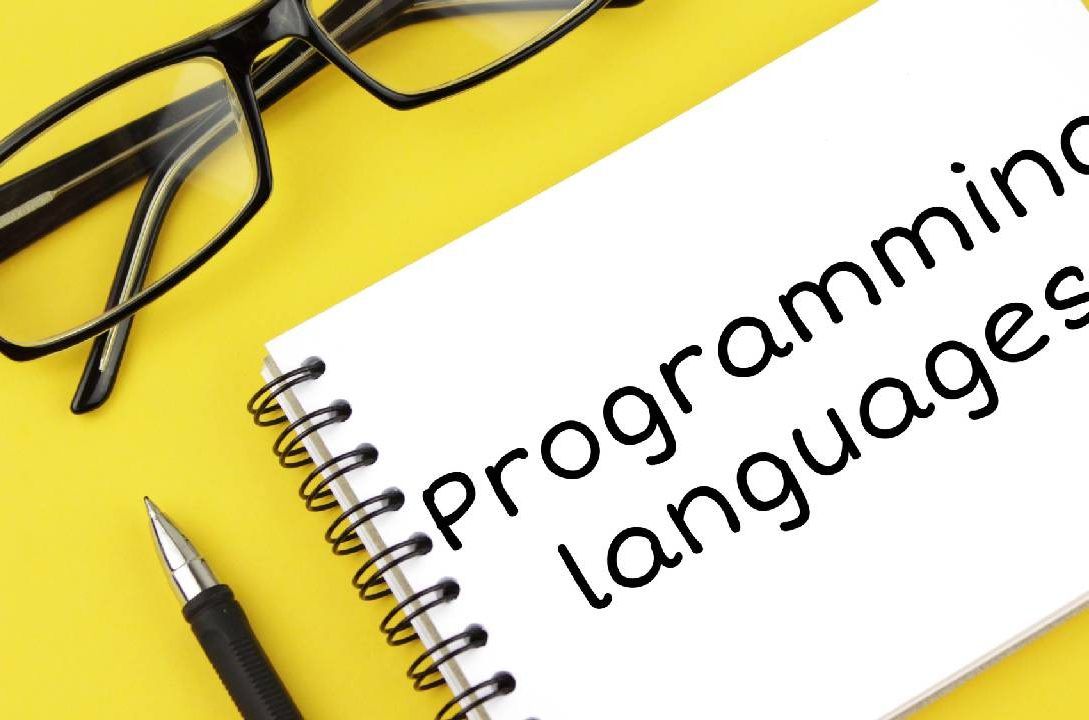In today’s digital age, programming languages are the backbone of software development, enabling developers to create applications, websites, and software solutions that power our modern world. However, with a plethora of programming languages to choose from, it’s essential to understand which ones are the most popular and widely used.
In this blog post, we’ll explore some of the most popular programming languages in 2023 and the reasons behind their popularity.
- Python: Python consistently ranks among the top programming languages for several reasons. It’s known for its simplicity and readability, making it an excellent choice for beginners. Python’s versatility allows developers to use it for a wide range of applications, including web development, data analysis, machine learning, and scientific computing. Its extensive standard library and a large, active community contribute to its widespread adoption.
- JavaScript: JavaScript is the language of the web, and it plays a crucial role in front-end web development. With the rise of single-page applications and frameworks like React and Angular, JavaScript’s popularity continues to soar. It enables dynamic, interactive web experiences, making it indispensable for web developers.
- Java: Java has been a dominant player in the programming world for decades. It’s favored for its platform independence, making it suitable for developing cross-platform applications. Java is widely used in Android app development, enterprise applications, and large-scale systems due to its reliability, strong typing, and extensive libraries.
- C#: Developed by Microsoft, C# is a language primarily used for Windows application development. It’s a key player in game development with the Unity game engine and is also employed in web development through ASP.NET. C# is known for its performance, strong typing, and ease of use.
- C++: C++ is the go-to choice for system-level programming, game development, and high-performance applications. While it has a steeper learning curve compared to some other languages, its efficiency and control over hardware make it indispensable for specific domains.
- PHP: PHP is a server-side scripting language used for web development. Despite facing competition from other languages, PHP remains relevant due to its role in creating dynamic web pages and web applications. Popular content management systems (CMS) like WordPress are built with PHP.
- Ruby: Ruby gained fame with the Ruby on Rails framework, which accelerated web application development. It’s lauded for its elegant and readable syntax. Although it may not be as dominant as some other languages, it still enjoys a dedicated community and is a popular choice for startups.
- Swift: Swift is Apple’s language of choice for iOS and macOS app development. It’s known for its safety features, speed, and modern syntax. As the Apple ecosystem continues to expand, Swift’s popularity remains on the rise.
- Go (Golang): Developed by Google, Go has gained attention for its simplicity, efficiency, and performance. It’s often used for developing scalable and highly concurrent applications, making it a popular choice for cloud-based and microservices architectures.
- Rust: Rust is known for its focus on safety, performance, and system-level programming. It has gained traction in areas where security and memory safety are paramount, such as in developing operating systems and applications with high reliability requirements.

Conclusion
The programming language landscape is continually evolving, with new languages emerging and existing ones adapting to meet the changing demands of technology. When choosing a programming language for a project, it’s crucial to consider factors such as your specific use case, community support, job market demand, and personal preferences. Ultimately, the popularity of a programming language is a testament to its utility and the diverse needs of developers and industries in today’s digital world.
Related Posts:
Get Started with a free 15 -day trial
No credit card required for Trial Plan
Continue using starter plan for free forever, after trial or upgrade to Premium Subscription





